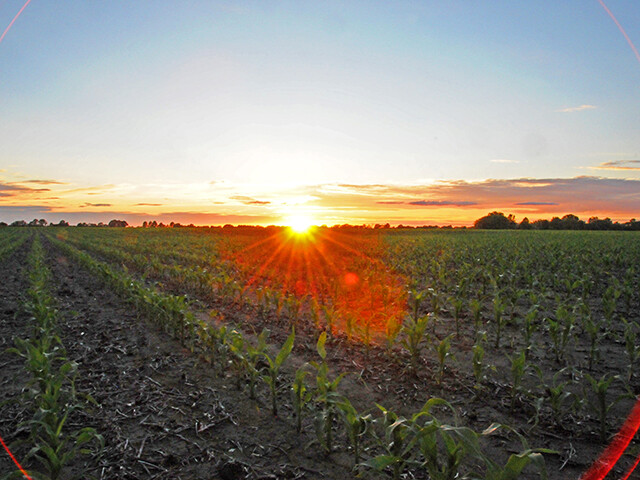The international of farming is changing every day. With every new app, trait, fertilizer and pesticide era, farmers are changing into more efficient and productive. In the following couple of a long time, industry professionals from Syngenta expect many changes to take place and for the typical farm operation to appear other than it does lately.
The alternative for advancement in the future is huge. Examples come with: finding out the way to treatment crop problems briefly via monitoring, breeding by means of design, creating the ‘ultimate’ trait stack that allows farmers to make use of whichever herbicide they want and learn how to create merchandise for the local marketplace, in keeping with David Hollinrake, president of Syngenta Seeds.
He and other Syngenta mavens share their expectations for the future of ag:
1. Demand for ag will upward thrust by about 60% by way of 2050.
“We’re very committed to the R&D side of the equation,” says Vern Hawkins, president of Syngenta Crop Protection, North America. “We know we need to have more output from land.”
2. Current and emerging technology will converge.
Researchers who create new biotechnology products will paintings hand-in-hand with those who create insecticides, and all will work hand-in-hand with those who create knowledge era products and services. Syngenta experts say these relationships will result in shorter construction cycles for brand spanking new merchandise and price efficiencies.
3. Farmers are changing their practices and use of generation.
“[For example, use of] autonomy can address efficiencies and shortages,” Hawkins says. “What we’ve learned [so far] is really only the beginning. We have to find the right information to bring them
in a practical way.”
4. By 2030 farming structures will alternate.
“Farmer CEO mentality will be the norm,” Hollindrake says. “New models will emerge like cooperatives sharing equipment, labor and professional management. Rise in mega farms and multiple generations within an operation.”
5. Sociopolitical demands will impact new generation and talent to farm.
The agriculture business will need to engage shoppers more than previously. If non-science selections become the norm there may well be delays and bans on merchandise that negatively have an effect on farmers’ ability to perform.


